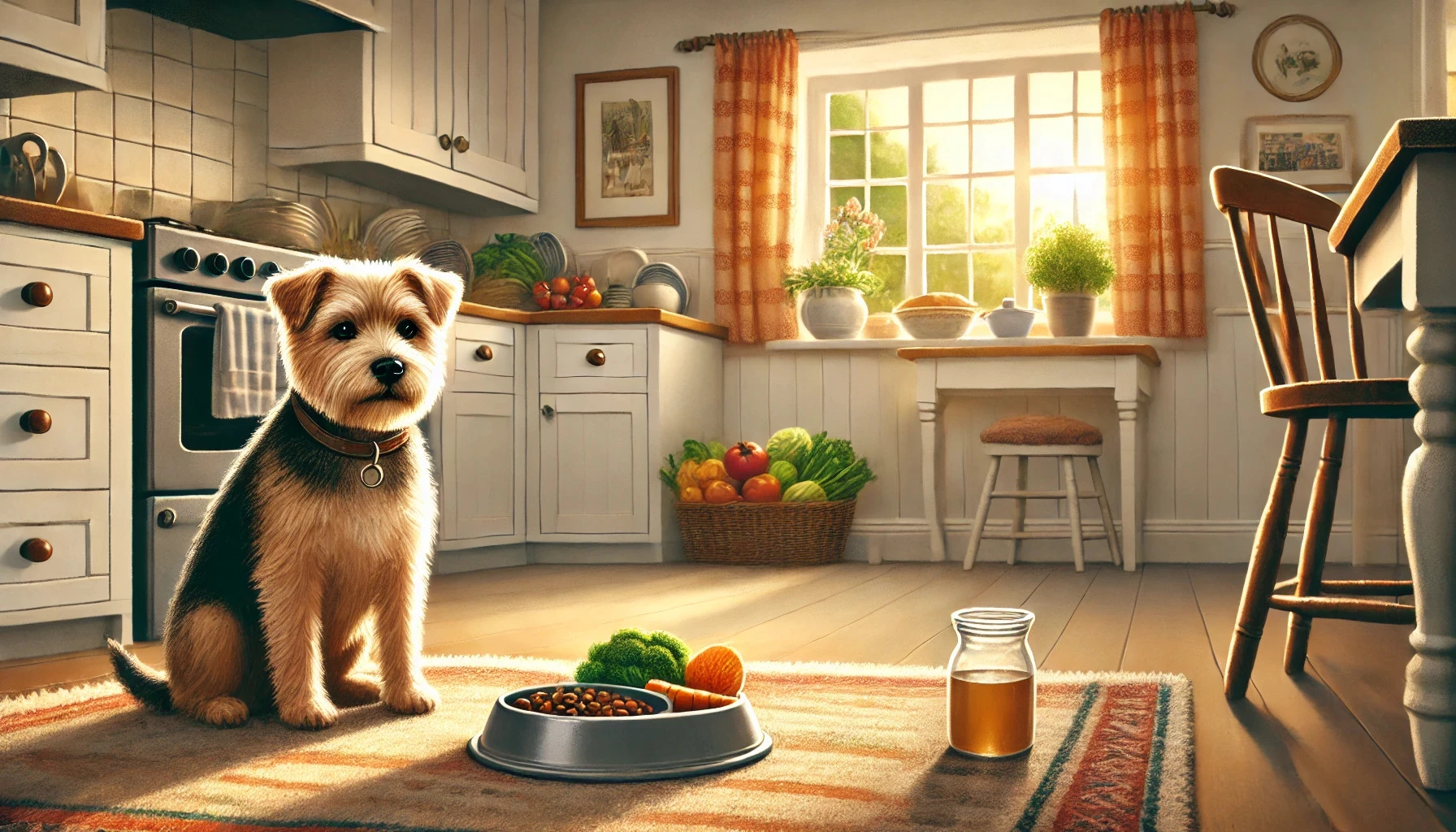On this page
Is it common for a 12-year-old Terrier to reduce its food intake?
Yes, but there are several reasons for this change. Senior dogs, including Terriers, often eat less due to factors like slower metabolism, changes in energy levels, and potential health issues. At this stage, your Terrier’s dietary needs also shift to accommodate aging joints, lower activity levels, and the need for easily digestible nutrients.
Compared to larger breeds like Golden Retrievers, Terriers tend to have smaller appetites throughout their lives. However, a noticeable decrease in food intake at an older age may signal the need for adjustments in diet, feeding routine, or even a visit to the veterinarian. Understanding why your senior Terrier eats less is key to ensuring they remain healthy and comfortable.
For more tips visit our page Dosty.co.
Does age naturally reduce a Terrier’s appetite?
Yes, as dogs age, their metabolism and energy needs decline, leading to smaller food portions.
Common Reasons for Appetite Changes:
Lower Metabolism: Older dogs burn fewer calories and may need smaller portions.
Dental Issues: Pain or discomfort from tooth decay or gum disease can reduce appetite.
Health Conditions: Illnesses like kidney disease, arthritis, or diabetes may impact eating.
Medication Side Effects: Some medications can suppress appetite in senior dogs.
Dr. Emily White, a canine geriatric specialist, notes, “A reduction in appetite is often part of the natural aging process but should be monitored for underlying health issues.”

Can dental issues lead to reduced food intake in senior Terriers?
Yes, tooth decay, gum disease, or infections are common in older Terrier dogs and can make chewing painful.
Signs of Dental Problems in Terriers:
Reluctance to eat hard food.
Drooling or pawing at the mouth.
Foul-smelling breath.
Dr. Kevin Ross explains, “Dental issues are a leading cause of appetite loss in older dogs. Regular cleanings and dental-friendly diets can make a big difference.”
Learn about dental care tips for senior Terrier dogs with Dosty App.
Do reduced activity levels impact a senior Terrier’s eating habits?
Yes, less physical activity means fewer calories are burned, resulting in lower food requirements for your Terrier.
Factors Influencing Energy Levels:
Joint Pain: Conditions like arthritis can make movement difficult.
Decreased Playfulness: Aging dogs may be less interested in exercise.
Resting More Frequently: Longer naps lead to reduced energy expenditure.
Dr. Amanda Carter advises, “Tailor your dog’s meals to their activity level to avoid overfeeding or undernourishment.”

Are there specific foods that can help maintain health when a Terrier eats less?
Yes, senior Terrier dogs benefit from nutrient-dense, easily digestible foods that support their aging bodies.
Ideal Foods for Senior Terriers:
Wet Food: Softer textures make it easier for dogs with dental issues to eat.
Low-Sodium Diets: Helps maintain heart health and prevents water retention.
High-Quality Protein: Supports muscle maintenance and overall health.
Supplements: Glucosamine and omega-3 fatty acids for joint support.
Dr. Sarah Bennett recommends, “Switching to a senior-specific dog food ensures your Terrier gets the right balance of nutrients in smaller portions.”
Find vet-recommended senior Terrier dog food on Dosty App.
Is a reduced appetite ever a sign of serious health issues?
Yes, if your Terrier refuses food entirely or shows other symptoms, it’s time to consult a veterinarian.
Red Flags to Watch For:
Weight loss or muscle wasting.
Vomiting, diarrhea, or other digestive issues.
Lethargy or behavior changes.
Dr. James Lee explains, “Persistent appetite loss, especially with accompanying symptoms, could indicate underlying conditions that require immediate attention.”

Are there ways to improve your Terrier’s appetite?
Yes, small adjustments in feeding habits and food choices can make meals more appealing for your Terrier.
Tips to Boost Appetite:
Warm the Food: Heating releases aromas that entice dogs to eat.
Offer Variety: Rotate between wet and dry foods or add toppers for flavor.
Feed Smaller Meals More Often: Two to three smaller meals can be more manageable.
Add Bone Broth: Enhances flavor and provides hydration.
Dr. Laura White advises, “Experimenting with food textures and flavors can reignite your Terrier’s interest in eating.”
Conclusion: Support Your Senior Terrier’s Changing Appetite
A 12-year-old Terrier eating less is often a natural part of aging, but it’s important to monitor their diet and overall health closely. Focus on providing nutrient-dense, easily digestible foods and address any potential health concerns with your veterinarian. With the right care, your senior Terrier can continue to enjoy a healthy and happy life.
Download Dosty App today to manage your Terrier’s health and feeding habits.

